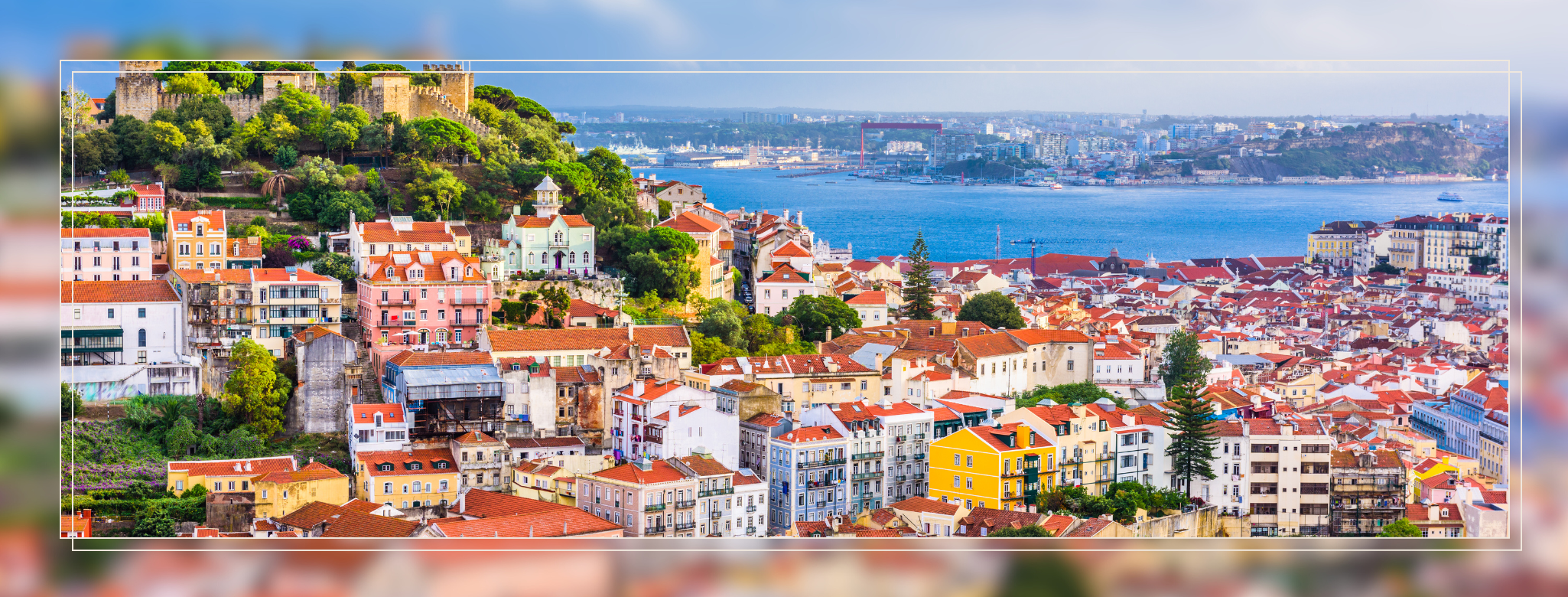
Working Days in Portugal: Everything You Need To Know in 2024
Portugal is a country with a rich history and culture. It has many interesting places to visit, including monuments and castles that were built centuries ago. People from all over the world visit Portugal every year to experience its culture, architecture, and cuisine. Moreover, Portugal is a popular destination for foreigners that want to actually live abroad due to its low cost of living and tax incentives available to expats. So, if you are one of those people that are in love with this stunning country and currently seeking a job there then we have some good news for you. Besides Portugal’s amazing scenery there are many jobs currently high in demand for expats. But if you're curious about the typical work schedule and business days there, you don't need to look any further because this article will cover all the information you need to know.
What is the work schedule in Portugal?
In Portugal, the work week is from Monday to Friday, with a daily working time of 8 hours. However, it may be changed by collective agreement in writing, so that it may vary between 38 and 40 hours per week. Any hours worked beyond eight hours per day or 40 hours per week are considered as overtime and must be paid with overtime rates.
The first hour of overtime for example is paid at 125%. Any additional hours after that are paid at 137.5%. Overtime during days off (weekends or public holidays) must be compensated at 150% of the normal salary.
How long are work days in Portugal?
Typically, Monday through Friday, the office is open from 9 a.m. to 6 p.m. with a one-hour lunch break or from 9 a.m. to 7 p.m. with a two-hour lunch break. Employees are entitled to rest times of at least one hour and are not permitted to work for more than five hours straight. Additionally, they are entitled to at least 11 uninterrupted hours of rest each day.
Are shops in Portugal open 7 days a week?
Although there are some fundamental guidelines, Portugal's opening and closing hours are flexible.
Small shops opening hours in Portugal may vary between 9 am to 10 am and the closing hour usually is around 7 pm. Nowadays it’s very common for most shops to open on Saturdays as well. In smaller cities of Portugal, the majority of traditional shops are closed on Sundays.
In large cities, retail malls and centers typically stay open later every day of the week. For instance, the Colombo Mall in Lisbon, which is one of Portugal and Lisbon's largest retail malls, is open daily from 9 a.m. to midnight.
In Portugal, supermarkets are typically open from 9 am to 8 pm, potentially staying open later in the summer in the Algarve tourist districts.
In Portugal, the majority of restaurants are closed on national holidays and also have one closure day every week.
-(1).png)
What is full-time work in Portugal?
In Portugal, eight hours per day or a maximum of 40 hours per week constitute full-time employment (trabalho a tempo inteiro). You can take a break after working nonstop for five hours. This often lasts between one and two hours and is comparable to a lunch break. A part-time employee should have a lower schedule if a full-time employee works 40 hours per week. Any agreement must be agreed to in writing by both parties, whether it involves a decrease in the number of workdays per week or the number of hours worked each day.
Paid and unpaid leave in Portugal
Holiday pay
Full-time employees in Portugal are entitled to 22 days of paid leave per year. You may take it all at once or spread it out over the course of the year. For contracts under a month, you are entitled to two days of paid time off. There are 13 national holidays in Portugal as well as a few more that are unique to each area.
Sick pay
Requesting sick leave (baixa médica) is an option if you become ill or injured and need time off to heal. You can only do so, though, if your condition prevents you from working for longer than three days; if it's simply temporary, you won't get paid. To assist make up for the income you lose while temporarily out of work, Portuguese social security is responsible for offering ill pay subsidies (subsidio de doença).
The requirements listed below must be met in order to qualify for sick pay:
Obtain a Certificado de incapacidade temporária, or certificate of temporary incapacity, from a National Health Service physician (NHS, or Servico Nacional de Saude, SNS)
You must have made at least six months' worth of contributions to social security or another illness-reimbursement program.
During the first four months of the previous six months, you worked at least 12 days (excluding freelancers)
The amount of sick pay depends on the length of the absence, the kind of illness, and the percentage of the reference income. Social Security claims that this may be between 65% and 75%. For general employees, the maximum amount of sick leave is 1095 days.
When an accident at work occurs, you are eligible to collect 70% of the contribution base right away. That value increases to 75% after a year. You might receive up to 80% if the issue is persistent.
The decision to live abroad is a big one and can be difficult for some people. The best thing you can do is weigh the options carefully before making your final decision on whether or not this is the right place for you. So, we hope that we have been helpful in answering any questions you may have about the working schedules in Portugal. In case you already have decided to move there you can also check how to obtain your NIF number before moving and start looking for your dream job in Portugal.
Jobs in Portugal
Related Article
